OpenThink is entering its sixth year of public scholarship, inviting Dalhousie PhD candidates to inform conversations on some of the latest research emerging from the university classrooms and labs.
The inaugural nine posts cover a wide range of subjects, from AI safety and sustainability, to oral health and understanding breast cancer. Over the next 10 months, the OpenThinkers will unpack their research and connect it to a broader public discourse.
“OpenThink provides PhDs a unique opportunity to showcase their research and how it can impact the lives of those living in Nova Scotia, Canada, and beyond,” states Marty Leonard, dean of the Faculty of Graduate Studies. “It is important we continue to cultivate opportunities for our newest researchers to inform public dialogue and policy decisions.”
It is important we continue to cultivate opportunities for our newest researchers to inform public dialogue and policy decisions.
This year’s OpenThink cohort represents seven faculties. These include the Faculty of Agriculture, Computer Science, Medicine, Science, Health, Law and Arts and Social Sciences.
“Our PhD students give the value to OpenThink,” says Lynne Robinson,who co-created the program and has been the academic director for the five years of its existence. “Entering its sixth year, OpenThink has trained almost 70 OpenThinkers and others in effectively sharing their research with the public. Their articles are helping to showcase the strength and depth of Dalhousie’s research and they now are training others and building capacity for knowledge translation.”
Meet this year’s OpenThinkers
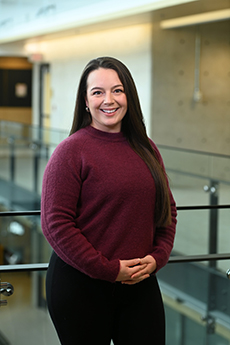 Angelisa Osmond
Angelisa Osmond
Agriculture
What if your waste can do wonders? Biocircularity in fish farming.
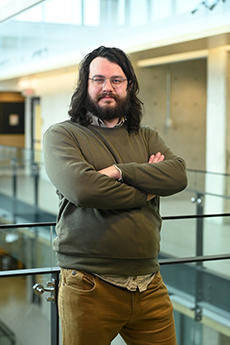 Dom Rosati
Dom Rosati
Computer Science
Studies how to guarantee AI agents couldn't learn to take harmful actions
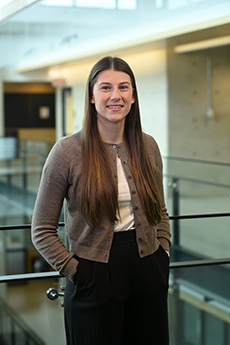 Hannah Cahill
Hannah Cahill
Medicine
Researching molecules inside our cells that behave differently in cancer
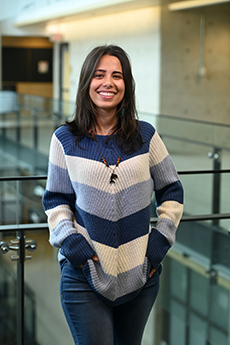 Leticia Magpali
Leticia Magpali
Science
Studying nature's solutions to whales communicating in their habits
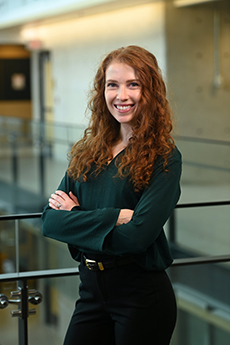 Lindsay Van Dam
Lindsay Van Dam
Health
Researching how students are socialized to their professional role and the need for collaborative Interprofessional Education (IPE) approaches to healthcare, inclusive of oral health.
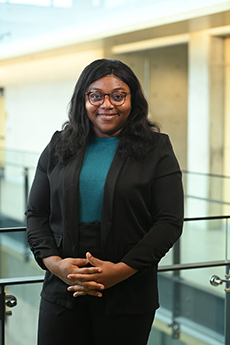 Loveth Ovedje
Loveth Ovedje
Schulich School of Law
Examining how developing countries can use innovative financial tools to accelerate the shift to renewable energy.
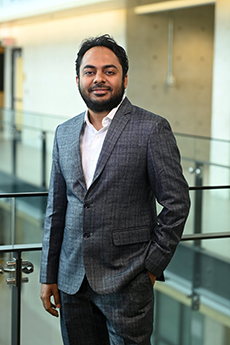 Mohammad Monzurul Amin Ifath
Mohammad Monzurul Amin Ifath
Computer Science
Transforming AI from an energy-intensive technology to one that operates responsibly
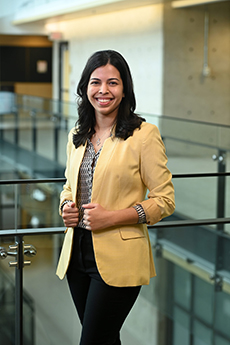 Patricia Porto de Barros Ayaz
Patricia Porto de Barros Ayaz
Arts and Social Sciences
Examining the double standards in how European countries respond to Syrian and Ukrainian refugees
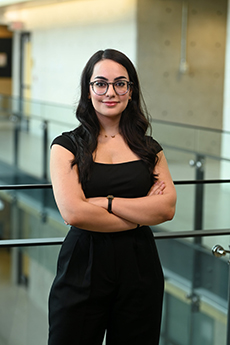 Soma Barawi
Soma Barawi
Computer Science
Studies how marine microbes adapt to diverse environments through gene sharing

